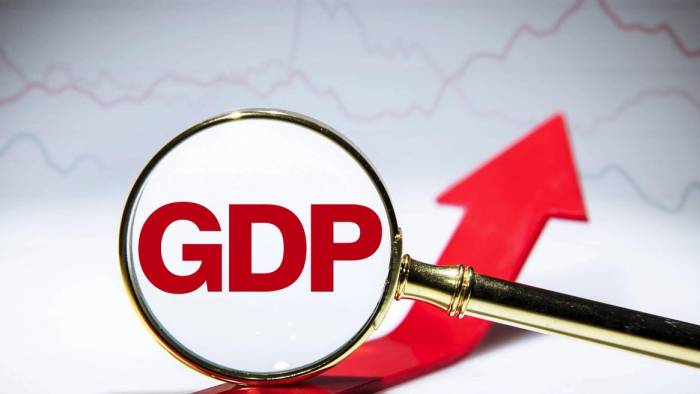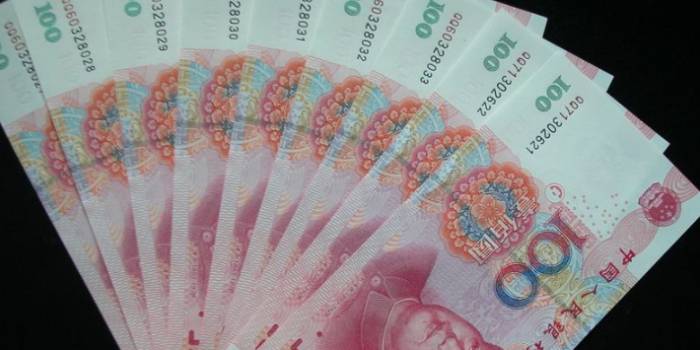A series of favorable financial policies have stimulated a long-awaited consecutive rally in the steel sector.
On September 25th, steel stocks continued to rise, with Zhongnan Shares (000717.SZ) achieving three consecutive trading day increases, and Sansteel Minguang (002110.SZ) and Benxi Steel Plates (000761.SZ) both increasing by more than 7%. Valin Steel (000932.SZ) and Xinsteel Shares (600782.SH) also followed suit with increases.
In the commodity market, black series commodities performed strongly overall, with iron ore futures leading the increase. On September 25th, iron ore futures at one point had a surge of over 7%, reaching a high of 730 yuan/tonne, setting a new high in nearly three weeks.
However, despite the recent strong performance of steel stocks, the valuations of some companies within the industry are still relatively low. As of the close on September 25th, among the 46 stocks in the Wind Steel Plate, 27 had a price-to-book ratio below 1, accounting for about 59%, nearly six out of ten.
Analysts pointed out that the continuous implementation of financial policies has boosted demand expectations. In the long term, the recovery of the steel industry still faces multiple challenges, including fluctuations in raw material costs and the continuous tightening of environmental policies.
Nearly sixty percent of steel stocks are below book value.
For steel stocks, share prices have been sluggish for a long time.
As of September 25th, the lowest price-to-book ratio was Xinsteel Shares at only 0.36 times, followed by Ansteel Shares (000898.SZ), Hesteel Shares (000709.SZ), Sansteel Minguang, and Shougang Shares (000959.SZ), all with price-to-book ratios below 0.5 times.
As early as June of this year, the share prices of several companies, including Chongqing Steel, Shandong Steel, and Jiuquan Hongxing, were below 1.5 yuan, and the risk of delisting due to face value was imminent.
The China Securities Regulatory Commission announced on the 24th regarding the "Guidance for Listed Companies No. 10 - Market Value Management (Draft for Comments)", mentioning that companies with long-term book value breaks should disclose a valuation improvement plan, including objectives, deadlines, and specific measures, and provide a special explanation on the implementation of the valuation improvement plan at the annual performance briefing meeting.China Securities Regulatory Commission (CSRC) Chairman Wu Qing also mentioned at the press conference that day that there will be a public solicitation of opinions on the market value management guidelines in the near future. It is required that companies with a long-term net loss should formulate a value enhancement plan, evaluate the implementation effects, and disclose them publicly.
From the perspective of industry supply and demand, according to the research data from Lange Steel Network, in the first three weeks of September, the average blast furnace operation rate of hundreds of small and medium-sized steel enterprises across the country was 75.2%, an increase of 0.9 percentage points compared to August; the average daily output of pig iron for 201 production enterprises nationwide was 2.162 million tons, an increase of 90,000 tons compared to the average value of August.
Ge Xin, deputy director of the Lange Steel Research Center, analyzed to Yicai that due to multiple factors such as the expectation of the traditional construction peak season and the gradual recovery of market transactions, the domestic steel market showed a trend of falling first and then rising in September. Ge Xin believes that the global interest rate cut trend will bring a certain degree of benefit to the global economy, but in the medium and long term, issues such as insufficient demand still exist, there is pain in the transformation of new and old drivers, and some industries and enterprises still face operational difficulties. It is necessary to continue to increase the intensity of macroeconomic regulation, deepen innovation-driven development, deeply explore the potential of domestic demand, enhance the vitality of business entities, stabilize market expectations, and promote the economy to achieve effective quality improvement and reasonable growth in quantity.
Black futures usher in an upward trend
Black series commodities are closely related to the real estate market. With the further strengthening of financial support for real estate, it has also driven the steel, non-ferrous metals, and other sectors to follow suit.
In addition to the nearly 10% cumulative increase in iron ore in the past two days, the main black series commodities such as rebar have all risen. As of the close, the main contract 2501 of rebar and the main contract 2501 of hot-rolled coil have both accumulated an increase of about 5% in the past two trading days.
Xibu Lide Fund analyzed that the unified down payment ratio for the first and second homes, as well as the reduction of the down payment ratio for the second home, are all positive support for the real estate market. In addition, the increase in the support ratio of the 300 billion housing reloan also further enhances market-oriented incentives. The extension of the operating property loan and the 16 financial policies also reflects the further increase in the financial support for real estate.
Yide Futures believes that the weak expectation atmosphere in the previous period has been significantly improved, and black has ushered in a phased rebound. However, the current situation is the rebound driven by emotions after the introduction of favorable policies, which has a limited impact on the terminal demand improvement of the black industry. More targeted incremental policies need to be introduced later. After the release of the favorable sentiment, the market transaction logic will return to the industry again, testing the coordination of the total demand strength in the peak season.






























Add your perspective